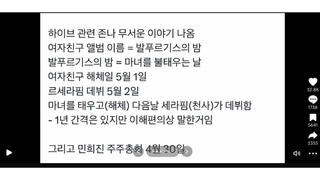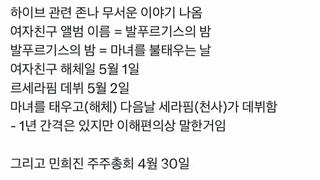
Did bowel cancer drastically increase in young people after receiving COVID-19 vaccines? No, that's not true: Data circulating on social media is not related to COVID-19, but refer to a different period of time, before COVID.
The claim originated from a video (archived here) published by @isbem33 on TikTok, on April 27, 2023, under the title: "#갑자기 암발병 #암유발 원인" translated from Korean by Lead Stories staff as "#Suddenly got cancer: #thething causes cancer."
It opened:
Evaluation of long-term side effects and increase in cancer risk for COVID-vaccine recipients. Recently, bowel cancer diagnosis increased 370% among young people.
(Translation from Korean by Lead Stories staff).
This is what the post looked like on TikTok at the time of writing:
(Source: TikTok screenshot taken on Thu Jul 13 04:37:40 2023 UTC)
The video shows a TV news report by Australian news channel 7news. The news clip featured in the TikTok post introduces a recent April 2023 report, showing a marked spike in bowel cancer cases in young people in Australia. The TikToker added a caption groundlessly claiming that the increase is related to COVID-19 vaccinations.
This is false. The person interviewed in the tv segment, Peter Orchard, CEO of Canteen - an Australian organization that provides support to young people impacted by cancer - says that there has been a 370 percent increase in bowel cancer among young Australians, but the considered timeframe is from 1984-1988 to 2014-2018. Hence, the data cannot be related to COVID-19 vaccines, first introduced two years later, in December 2020.
Other fact checks by Lead Stories on claims related to COVID-19 vaccines can be found here.













